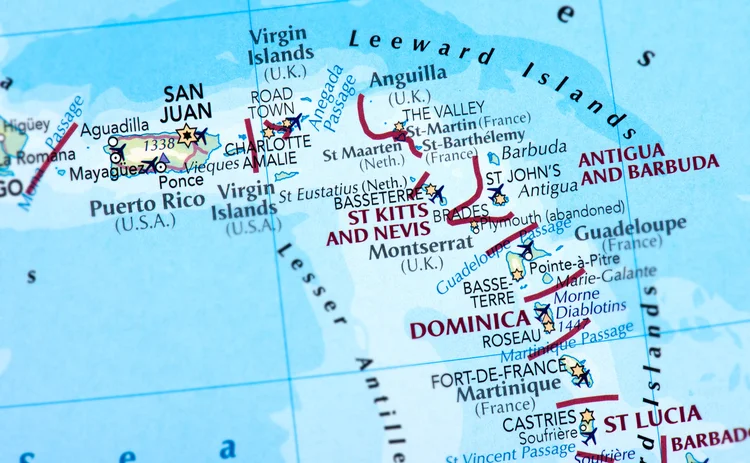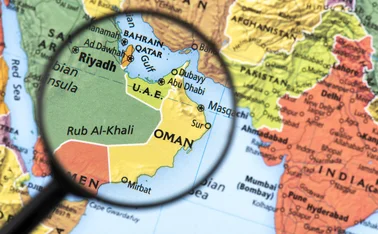
People: ECCB appoints first woman deputy governor
New deputy governor in Korea; deputy governor reappointed in Ghana; and more

Eastern Caribbean: The Eastern Caribbean Central Bank announced that Valda Henry will become its first female deputy governor.
The monetary council, comprising the eight heads of government of the ECCB’s member-states, appointed Henry to a five-year term, starting in September, it announced on July 22.
Since 2005, Henry has led an HR consulting firm in her native Dominica, which is one of the eight ECCB states. She worked as an investment officer at the ECCB between 1994 and 1998.
Henry took an undergraduate degree at the University of the West Indies. She followed this with an MBA at the University of Manchester and a PhD in industrial relations at Warwick Business School, both in the UK.
The ECCB monetary council reappointed the current governor, Timothy Antoine, to a second five-year term earlier this year.
Korea: The Bank of Korea announced the appointment of Lee SangHyeong as deputy governor on July 21.
Lee has worked for the South Korean central bank since 1993. From July 2019, he was head of the monetary policy department, a job he took after two years as an adviser to the governor. He holds undergraduate and graduate economics degrees from Seoul National University, and an MBA from the Korea Advanced Institute of Science and Technology.
The Bank of Korea has a senior deputy governor and five deputy governors. The governor – currently Lee Joyeol – appoints deputy governors for terms of three years.
Ghana: President Nana Akufo-Addo has reappointed the Bank of Ghana’s first deputy governor Maxwell Opoku-Afari to a second four-year term, Ghanaian media report.
Opoku-Afari worked at the Bank of Ghana between prior to 2009, rising to become assistant to the governor between 2006 and 2009, while Paul Acquah was governor. He then spent eight years at the International Monetary Fund, serving as deputy division chief for the African division between 2014 and 2017. In that year the president appointed him to the first deputy governor’s role.
The Bank of Ghana is led by a board of directors, comprising the governor, two deputy governors and 10 non-executive board members. The president appoints all the members of the board on the advice of the council of state. The deputy governors also sit on the monetary policy committee.
In its Article IV consultation report, the IMF urged Ghana’s government to appoint a new board of directors “without further delays”, saying that the previous one “was dissolved after the elections in line with the law”.
The IMF also urged the central bank to cease its monetary financing of the government, which it had carried out during the pandemic.
Only users who have a paid subscription or are part of a corporate subscription are able to print or copy content.
To access these options, along with all other subscription benefits, please contact info@centralbanking.com or view our subscription options here: http://subscriptions.centralbanking.com/subscribe
You are currently unable to print this content. Please contact info@centralbanking.com to find out more.
You are currently unable to copy this content. Please contact info@centralbanking.com to find out more.
Copyright Infopro Digital Limited. All rights reserved.
As outlined in our terms and conditions, https://www.infopro-digital.com/terms-and-conditions/subscriptions/ (point 2.4), printing is limited to a single copy.
If you would like to purchase additional rights please email info@centralbanking.com
Copyright Infopro Digital Limited. All rights reserved.
You may share this content using our article tools. As outlined in our terms and conditions, https://www.infopro-digital.com/terms-and-conditions/subscriptions/ (clause 2.4), an Authorised User may only make one copy of the materials for their own personal use. You must also comply with the restrictions in clause 2.5.
If you would like to purchase additional rights please email info@centralbanking.com







